Echo 130: Six of the best Cork sports stars who made Rebel county proud
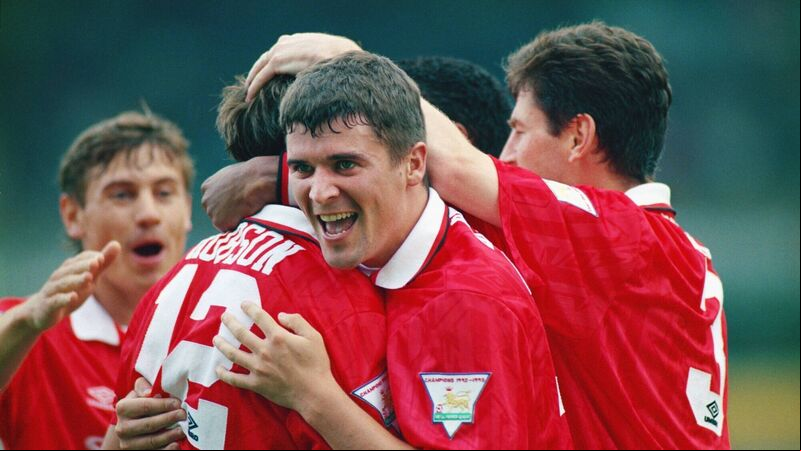
Manchester United legend Roy Keane celebrates a goal by Bryan Robson in 1993. Picture: Shaun Botterill/Allsport/Getty Images
He was the greatest hurler in the land when hurling had arguably its greatest golden age, as he played for Cork from 1939 to 1963. He was a key member of the legendary four-in-a-row team from 1941 to 1944, but his legend would just grow and grow, with him ending his career with eight All-Irelands, to go with his nine Munster titles, four league titles, 18 Railway Cups and 14 ‘little All-Irelands’ with the Glen.

Johnny Giles, Liam Brady and Paul McGrath may rival Keane for the honour of being Ireland’s greatest ever footballer, but he leaves them all in the halfpenny place in of being the most interesting. The controversies, with Saipan being the biggest of these, made him front-page news globally, but it was his exploits on the back pages that secured his legacy as one of Cork’s finest sportsmen of all time.
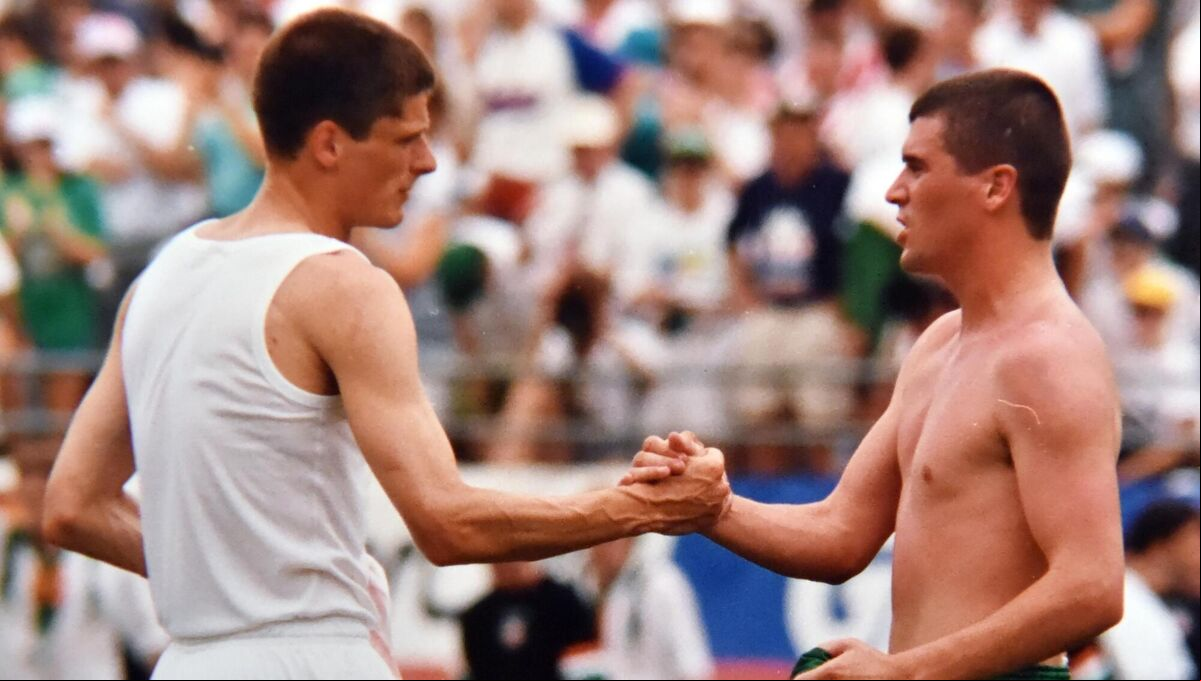
She had established herself as the top middle-distance runner in the world that season, only to come up against three Chinese athletes who literally ran away with the final. All three would be later implicated with being part of a state-sponsored drugs regime.
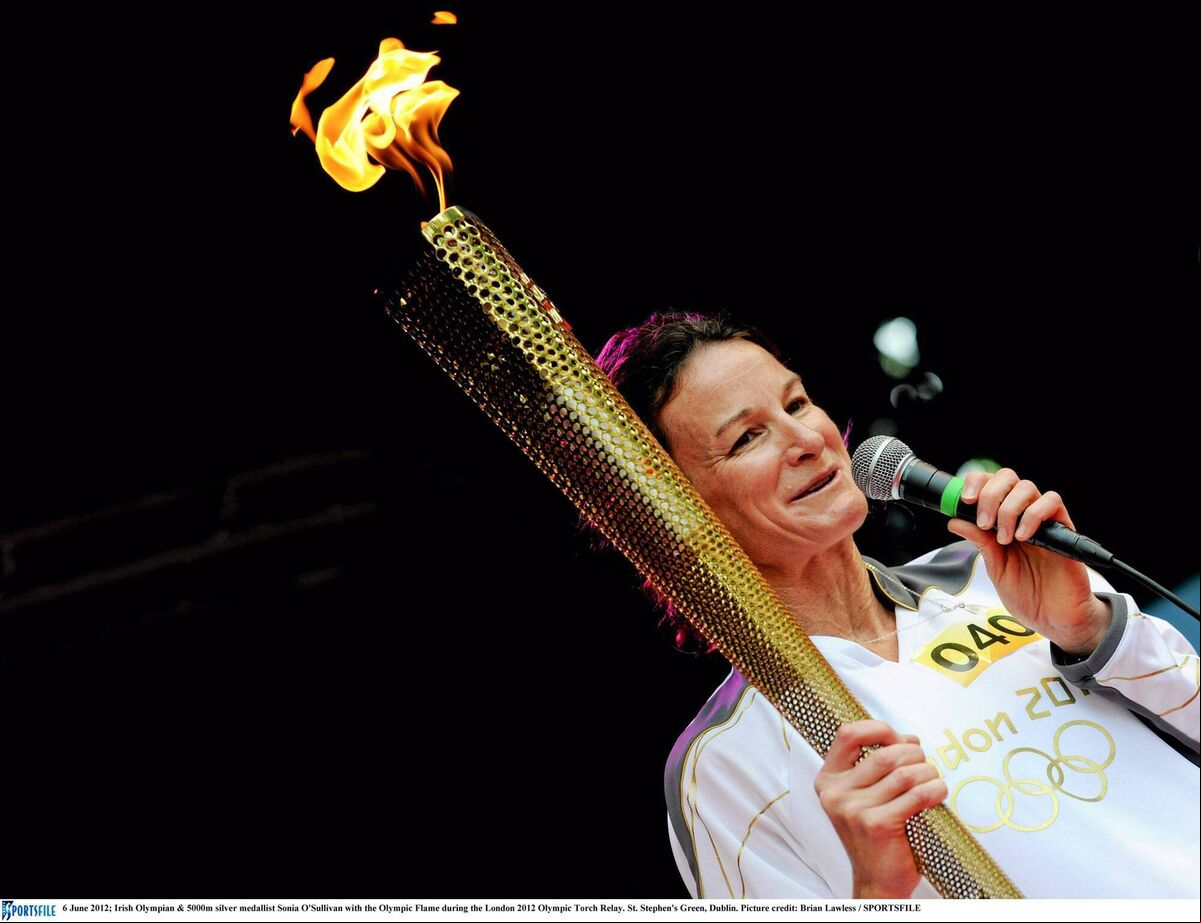
He secured the first of those six belts at the National Stadium in 1983 and later that year lined out for Ireland at the European Elites in Bulgaria, beating Norwegian and Hungarians en route to securing bronze, but was ultimately beaten on a split decision by the eventual gold medallist, USSR’s Petr Galkin, in the semi-finals.

His medal haul was simply frightening. The five hurling and one football All-Irelands he won with Cork may be the standouts, but there were underage All-Irelands too, as well as two club football and two club hurling All-Irelands with the Barrs, and that’s before we mention national leagues, Railway Cups, Munster Championships and Cork County titles in both grades.

If you needed someone to kick a penalty, conversion or drop goal to save your life then ROG was your man. Late penalties to win Heineken Cups, last-ditch drop goals to clinch Grand Slams, clutch conversions to win miracle matches, he did them all.


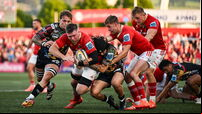

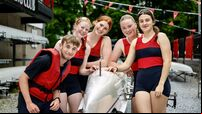
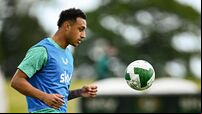
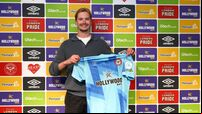
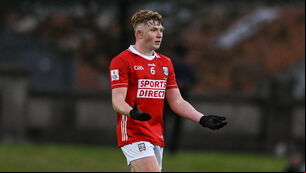



 App?
App?







